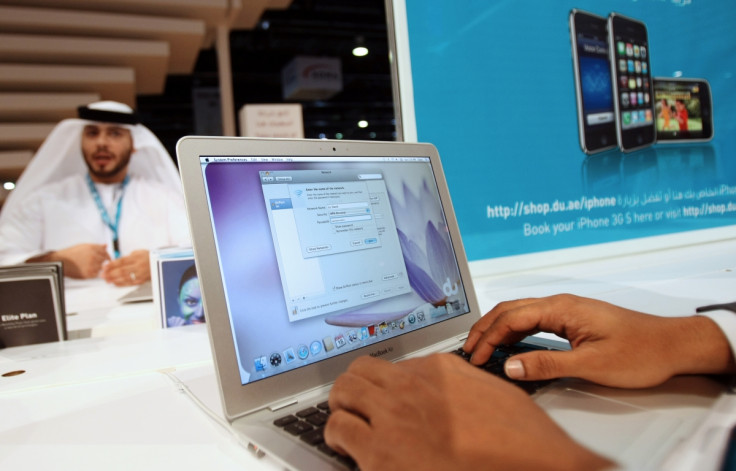Dubai issues modern fatwa to prevent people stealing Wi-Fi across UAE

In an unusual move, the government of Dubai has issued a fatwa against people who try to logon and use their other people's Wi-Fi networks for free without permission.
An anonymous user posted a question to the Modern Fatwa section of the Islamic Affairs and Charitable Activities Department (IACAD) – a government agency website for Dubai's Islamic populace – asking whether it was acceptable to use other people's private Wi-Fi without their knowledge.
The Modern Fatwa section can only be accessed by members of the website, but according to UAE news site What's On, IACAD responded: "It is not allowed for people to use what belongs to others without payment or without their permission. Therefore, the Internet should be used only after subscribing for the service."
The explanation is that if people piggyback on a user's Wi-Fi network, they reduce internet speed for them, which affects the service that the rightful fee-payer receives. The IACAD also emphasised that the fatwa would not affect people using open, public Wi-Fi networks, designed to be shared by multiple users.
However, AP reports that the government website continued: "There is nothing wrong in using the line if your neighbours allow you to do so, but if they don't allow you, you may not use it."
The IACAD maintains its website and routinely answers online questions from UAE citizens. These range from queries about prayers and religious matters, to people seeking guidance on whether modern issues such as cloning, cosmetic surgery and even illegal downloading are acceptable for Muslims to participate in.
In April, MIT announced a new system called Chronos that can pinpoint a user's exact location so that people who try to piggyback onto private Wi-Fi networks, meant only for customers of a particular shop or cafe, can be detected and kicked off the network.
© Copyright IBTimes 2025. All rights reserved.






















